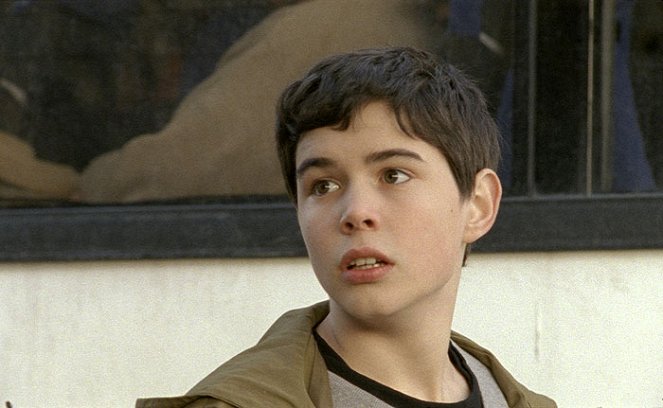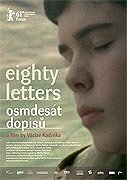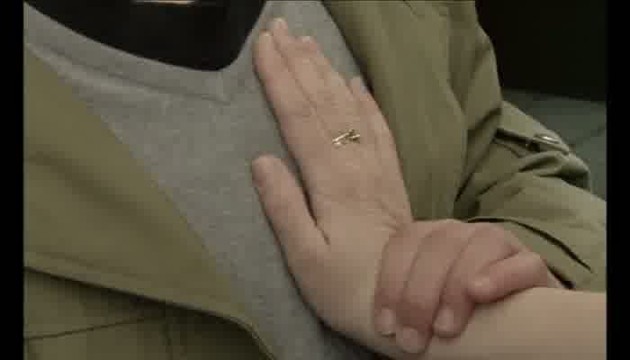Réalisation:
Václav KadrnkaRésumés(1)
Eighty Letters is autobiographically based. The source of the film are the memories of the director and the surviving correspondence between his parents. The story takes place in Czechoslovakia in 1987. The father has defected to England and the mother and her son are planning to leave the country to be reunited with him. Husband, wife, child – even at a distance they are still together, but the forced break-up of any family is an abnormal situation. The events of the film are viewed from the boy’s perspective, the exasperated gaze of one lacking experience, his initiation in the course of this single day - the film. It is the day when the youth gets a glimpse of adulthood and overcomes fear. His mother’s movements are part of an intensified daily routine, as she maps it out hour by hour. It is a battlefield situation for her. She is on her way, her son catches up with her on that path, but she must act alone if they are to achieve completeness together. (texte officiel du distributeur)
(plus)Vidéo (2)
Critiques (1)
Great, so we have an above-average festival film, which replaces the typical Czech pathos with contemplation and an epic whole with fine observation detail. We have a film where words represent the necessary accompaniment of visual communication. We have a film in which the Husák era is approached not with an effort to stylize, but rather to capture its creeping automatism and emptiness. Kadrnka was able to effectively turn possible shortcomings into advantages. The cramped camera, which is often kept to the ground and directed at broken sidewalks, solves the Spartan design, but at the same time functionally completes the feeling of helplessness and impossibility of flying. Some scenes are an excellent fine sequence of details that evokes a tingling feeling of petrified time (e.g., the scene at the gatehouse). What I think Kadrnka is missing is the ability to pull pure emotions out of non-actors, as the like-minded Semih Kaplanoglu is able to do. Eighty Letters lacks the fine interaction of the characters and the subliminal intensity of the unspoken, which is due to the fact that the representatives of both main roles are believable, but they do not go all the way to the core. After really delicious exposition, I was noticeably missing a charge in the film, something that would draw me beyond attentive storytelling and sensitive composition. Yet I must commend Kadrnka's courageous attempt "from another place" and only quietly hope that he will not be left alone...
()
Photos (10)
Photo © Artcam


